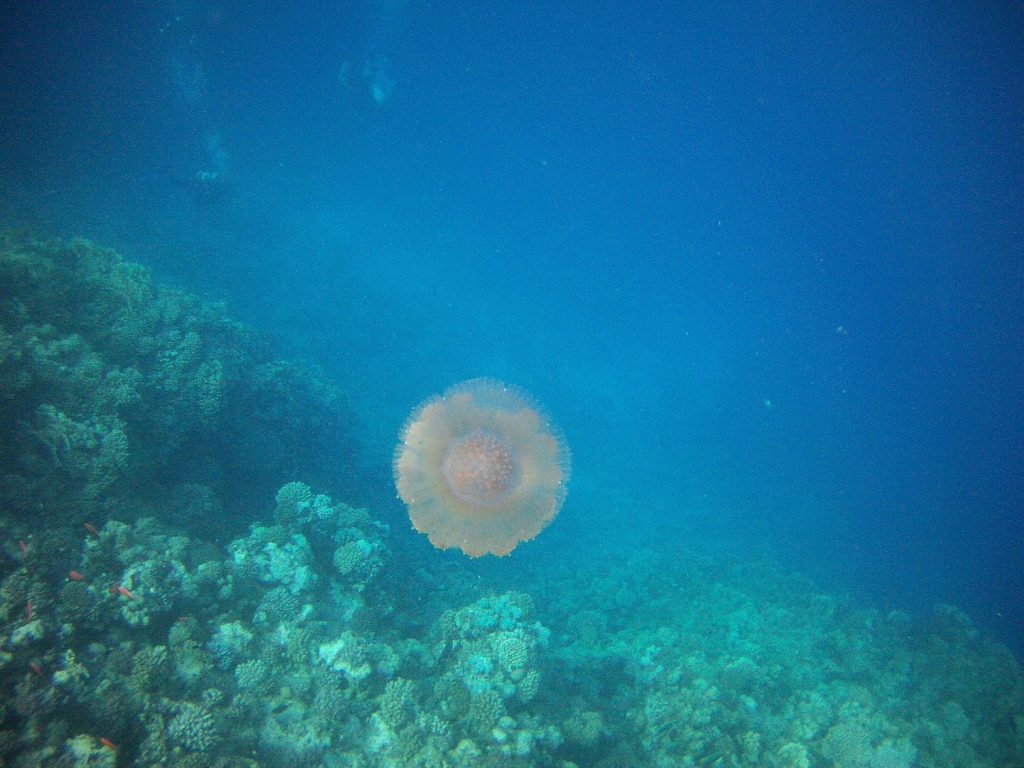Activism: why do we need it?
Although frequently not understood, activism is a powerful communication tool when trying to make a change.
Why activism?
Our brains are so anaesthetized by comfort and habits that we have an altered perception. We stare like passive viewers, unable to react to the appalling occurrences flowing around us. And even if we have an idea of what is going on, perhaps we do not care. That is why we need activism: to awaken our sleepy consciences.
“The house is burning! Save the paintings!”
That seemed to be the reaction most people had when two girls, activists of the Just Stop Oil group, threw tomato soup over the “Sunflowers” – the famous painting by Vincent Van Gogh at the National Gallery in London.
The painting had glass screen protection, so it was in no danger. But the act of protest spread huge reactions and strong criticism everywhere. Comments went from anger to derision, shock or big concern. For the painting, of course. Not for our planet, not for climate change. Not even for the oil crisis and the costs people cannot afford.
These are the words the activists from Just Stop Oil said:
“What is worth more, art or life?”
“Is it worth more than food? More than justice? Are you more concerned about the protection of a painting or the protection of our planet and people?
“We are not trying to make friends here. We are trying to make change. And unfortunately, this is how change happens!”
Perhaps raising awareness and trying to make a change when no one sees the emergency or no one wants to move a finger requires strong actions. Oil crises and climate crises are connected. People cannot afford oil, and the planet cannot afford it too.
If you find yourself upset about a painting that wasn’t even damaged rather than about the ongoing destruction of the biosphere, you are part of the problem.
Dear folks, the house is burning. Are you ok with it?
Activism: why do we need it? Read More »

